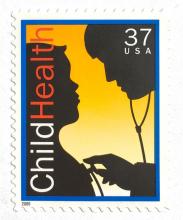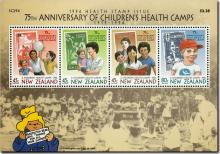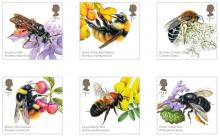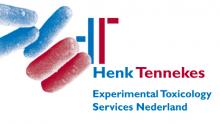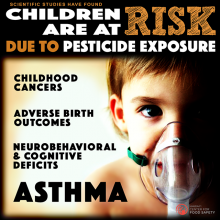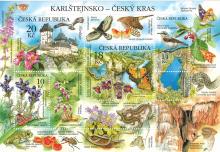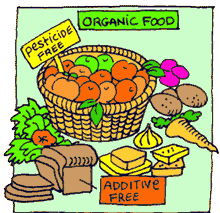The Disturbing Origins Of ADHD
- Lees meer over The Disturbing Origins Of ADHD
- Login om te reageren
Hyperactivity Disorder or ADHD is a disorder of modern times, affecting more and more of America's children. While the origins of ADHD are surprising and disturbing, alleviating or even reversing symptoms is possible. Twelve percent of U.S. children and teens had a diagnosis of Attention Deficit/Hyperactivity Disorder (ADHD) in 2011, a number that has jumped by 43 percent since 2003, according to a large national study based on parental reports of an ADHD diagnosis according to a recent analysis.

